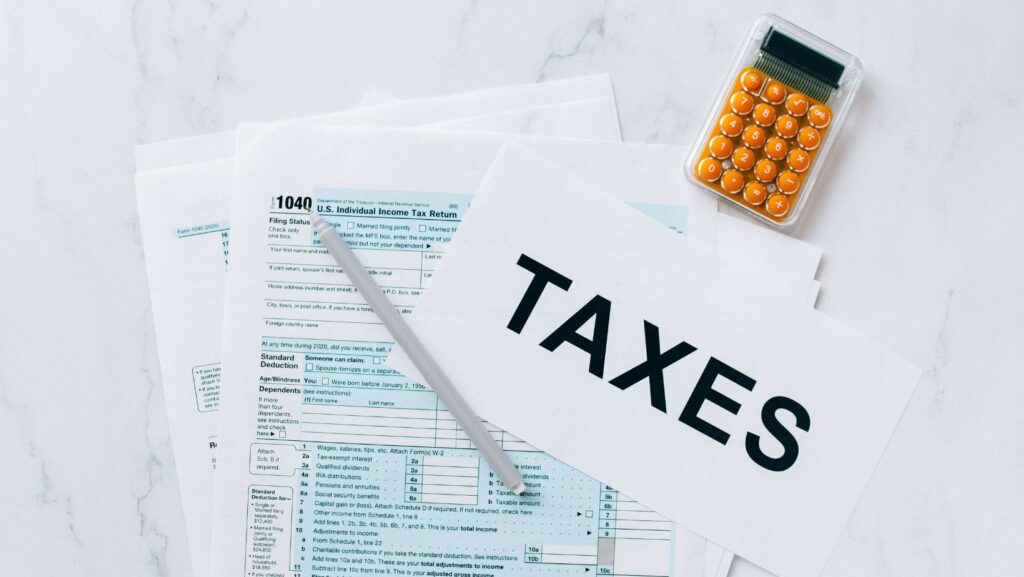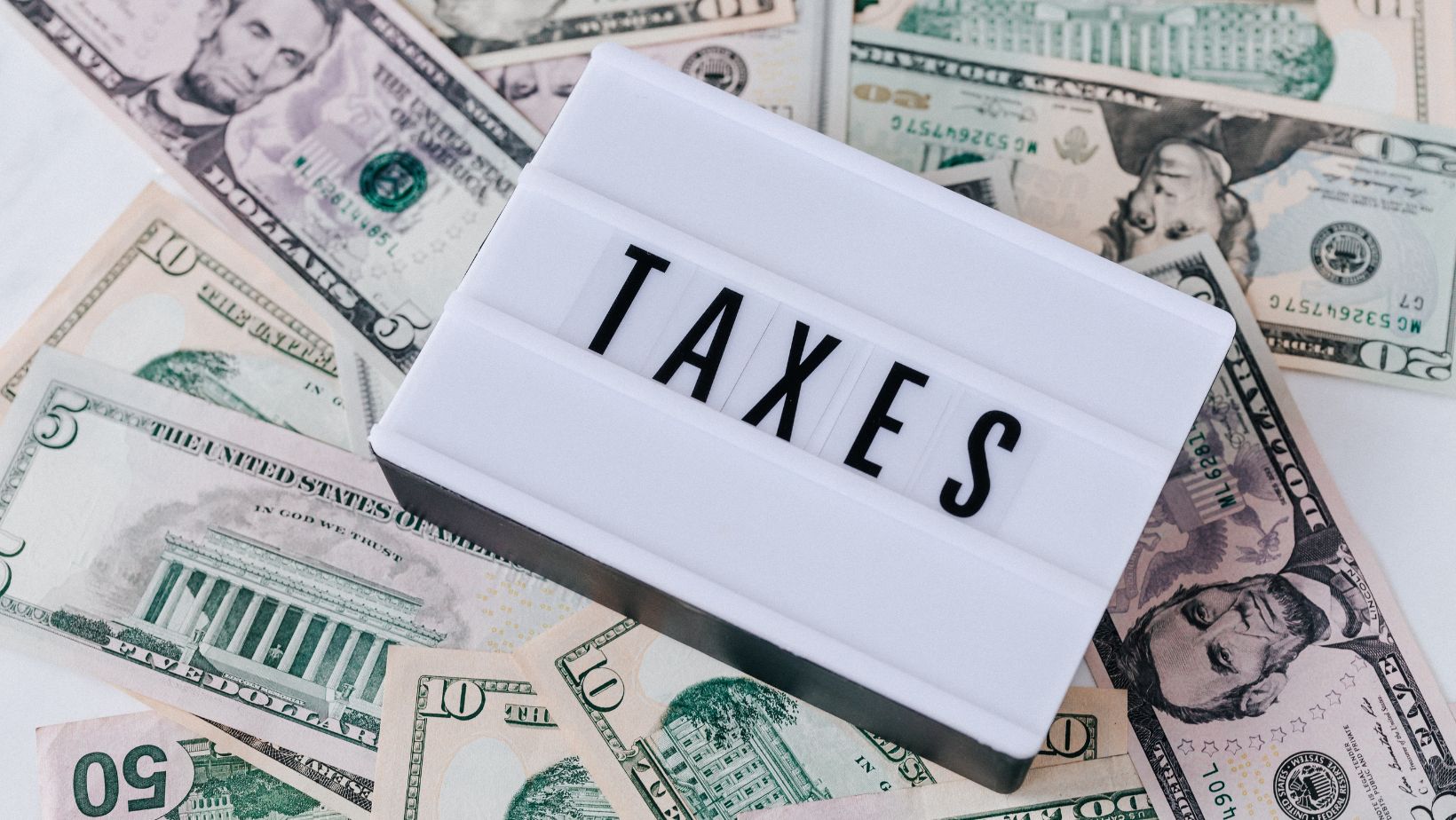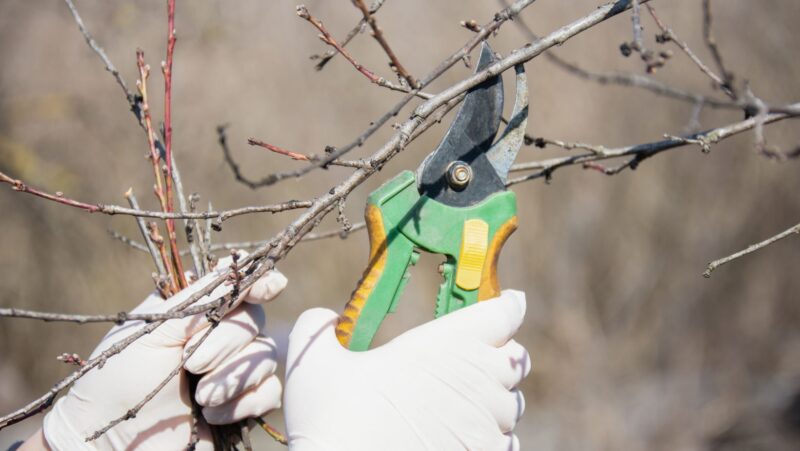
There’s the old saying that “In Texas, you can drive all day and still be in Texas.” And with 654,923 total miles of roadways, which include 16 interstates and 45 U.S. highways — not to mention a vast landmass that will take you through coastal areas, major cities, and wide stretches of farmland — it’s safe to say that vehicles are critical for Texas residents.
With so many cars on so many roads, though, there’s inevitably exploitation. Texas has become a hotspot for car-related scams that target buyers, sellers, and drivers. Whether you’re located in Lubbock or Dallas, Austin or Waco — or a small rural town — you need to know how to spot these increasingly sophisticated car scams that target Texans. Here are a few common types of scams and how to avoid getting taken advantage of.
Title Washing and Flood-Damaged Vehicles
Title washing is a common scheme used with vehicles where the sellers effectively remove any negative information associated with the car. Let’s say, for instance, a car flooded in the Galveston area. Instead of declaring it a loss, the scammer may manipulate documents or get a title in another state to effectively — and illegally — remove any mention of flood damage, mold or engine issues. Buying a car with a washed title means issues later on down the road for the buyer. Always request a vehicle history report, and inspect any car with a trusted mechanic. Look for tell-tale signs like water lines in the trunk, a musty smell or rust in unusual places.
Fake Online Car Listings and Overpayment Scams
Online marketplaces like Craigslist, Facebook Marketplace, and even some lesser-known car sales websites, are rife with scammers. One common tactic involves fake car listings offering vehicles at unbelievably low prices. When a buyer reaches out, the scammer claims they are out of town or overseas and insists on a wire transfer or payment via gift cards. Once the money is sent, the seller — and the car — disappear.
Another trick is the overpayment scam, where a scammer poses as a buyer, “accidentally” sends a check for more than the agreed-upon amount, and asks the seller to refund the difference. The check later bounces, and the seller is left on the hook for the funds. Always double-check suspicious offers and ask for references. And if you’re pricing out a used car, take the time to get car insurance quotes before completing the purchase; rates can vary based on the car’s history and model, and some insurers might flag cars involved in scams or prior damage. Comparing options at this stage for affordable car insurance in Texas can also help you avoid overpaying on premiums once the car is yours.
Odometer Rollback Schemes
Remember that scene from “Ferris Bueller’s Day Off” when they tried to roll back the odometer by driving the car in reverse? That’s the basic concept behind an odometer rollback scheme, except the scammer uses a tool to illegally lower mileage readings on a vehicle. To avoid getting duped, check maintenance records, look for inconsistencies in wear, and request a full vehicle history report from services like Carfax or AutoCheck.
Phony Vehicle Service Contracts
Often marketed as extended warranties, vehicle service contracts involve unscrupulous companies aggressively pushing high-cost plans that provide little to no actual coverage. If you’re considering a service contract, read the fine print carefully. Verify that the company is licensed in Texas and check for complaints with the Texas Department of Licensing and Regulation or the Better Business Bureau.
Staged Accident Insurance Scams
In densely populated areas like Houston or Dallas, staged accident scams are on the rise. This involves someone intentionally causing an accident, often by braking suddenly or swerving in front you. Then they blame you for inflated damages or file false injury reports. Always call the police to the scene of an accident, take photos of all vehicles and damages, and avoid interacting with aggressive or suspicious drivers. Not only can these staged crashes put your safety at risk, they can also result in higher Texas car insurance quotes and premiums, even if you’re not at fault. Document everything to protect your claim and avoid being unfairly penalized.
Bogus Emissions Testing or Inspection Stickers
Texas requires emissions testing in certain counties and annual vehicle inspections statewide. Some scammers take advantage by offering fake inspection stickers or illegal “pass” certificates for a fee. To avoid these scams, always go to a certified inspection station, and verify that your test results are reported to the Texas Department of Public Safety.
Unauthorized Towing and Impound Scams
In some of the bigger cities with limited parking, predatory towing companies may monitor private lots, wait for someone to leave their car for just a few minutes, and then tow it away, charging exorbitant fees to get it back. In other cases, vehicles are illegally towed from public streets without proper signage or justification. Before parking, always look for posted signs about towing policies. If your car is towed, verify the tow company is licensed and get a written explanation of charges.
Fake “We Buy Cars” Offers
Flyers offering to “Buy Any Car” or “Pay Cash Today” might seem appealing, especially if you need to sell your car fast. But many of these are fronts for scammers who either lowball you drastically, use stolen checks, or take the car without completing proper paperwork. Stick to reputable buyers. Meet in safe, public locations and never hand over the title until the payment has cleared and is verified.
How to Spot and Avoid Car Scams in Texas
While these scams sound ominous, the good news is that there are plenty of ways to protect yourself from being a target.
- Research the seller or buyer. Check reviews, verify addresses, and phone numbers.
- Request and review the vehicle’s history report.
- Have the car inspected by a trusted mechanic.
- Never wire money or pay with gift cards.
- Use secure payment methods and complete transactions in person.
- Meet in well-lit, safe locations—preferably at a police department’s safe exchange zone.
- Trust your gut. If something feels off, it probably is.
What to Do If You’ve Been Targeted or Scammed
If you do believe you’ve been scammed, there are some quick actions you can take.
- Stop communication with the scammer immediately.
- Report the incident to the Texas Attorney General’s Office and the Texas Department of Motor Vehicles.
- File a police report in your local jurisdiction.
- Alert your bank or credit card provider if financial information was shared.
- Contact the Federal Trade Commission.
Car scams are evolving and growing in sophistication. But armed with knowledge, due diligence, and a healthy dose of skepticism, you can navigate the Texas car market safely and confidently.













